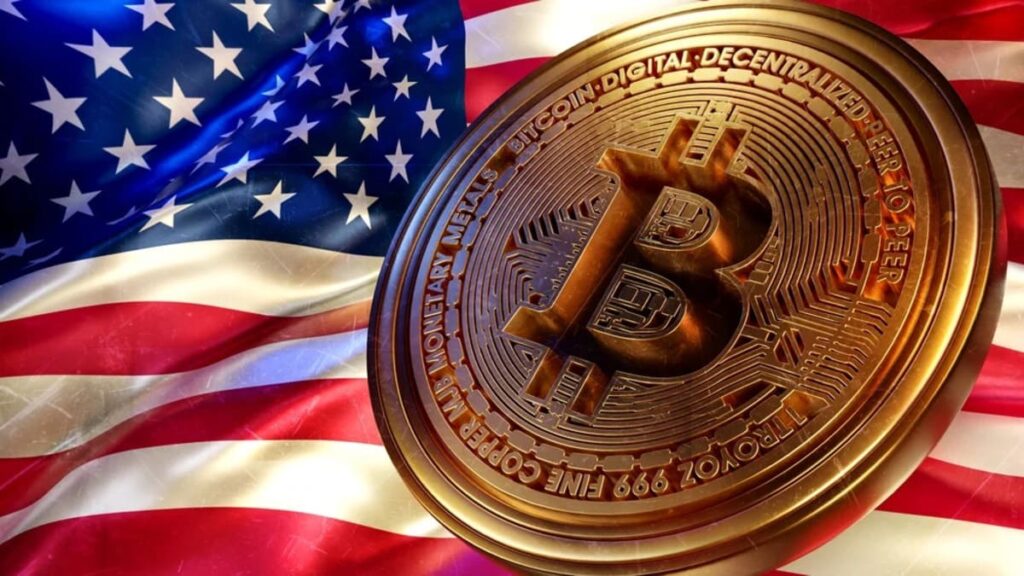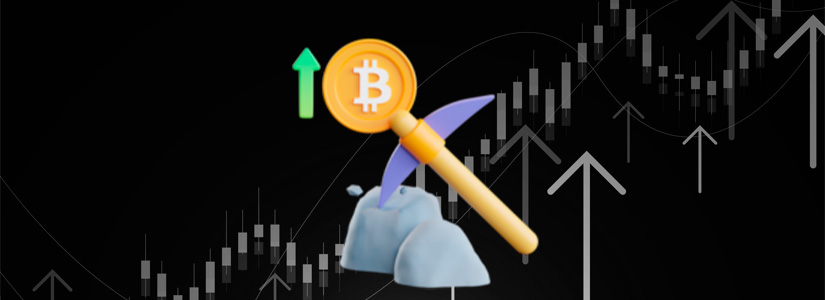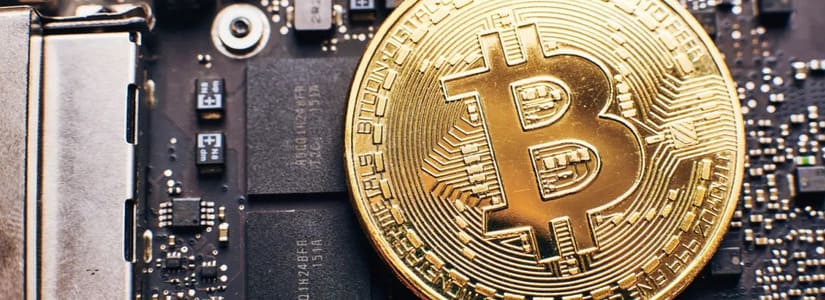TL;DR
- The U.S. raised tariffs to 21.6% on Bitcoin mining ASICs imported from Indonesia, Malaysia, and Thailand, already slowing local demand.
- The shortage of imported rigs pushed up the price of used units in the U.S., with increases of over 20% as miners explore alternatives abroad.
- Luxor signed a deal with MicroBT to manufacture locally and called for ASICs to receive the same tariff treatment as servers and computers.
The U.S. government imposed retaliatory tariffs on ASIC machines used for Bitcoin mining, raising the rate to 21.6% for imports from Indonesia, Malaysia, and Thailand.
Starting August 7, machines from these countries will face the new rate, up from the previous 2.6%. Chinese-made rigs continue to carry a total tariff of 57.6%, combining a 10% base rate with an additional 20% surcharge.
Used Rig Prices Are Soaring
Ethan Vera, COO of Luxor Technology, warned that the new tariffs are already slowing down domestic demand. Several U.S.-based Bitcoin miners are exploring alternatives in Canada and other locations with lower import costs. In response, Luxor secured a local manufacturing deal with MicroBT aimed at ensuring a steady supply of rigs at competitive prices.
The shortage of imported equipment has driven up the price of used ASICs within the U.S. Some resellers have raised their prices by over 20%, capitalizing on buyers’ preference to avoid the new tariffs. Vera believes this trend will benefit companies with existing inventory, as the secondary market is expected to remain active.
BitFuFu, a company based in Singapore, claims it can absorb the cost impact thanks to cheap electricity in states like Texas and Colorado. Its team has secured agreements with local suppliers to preserve attractive profit margins despite rising hardware costs. According to its CEO, this ability to adapt allows the company to stay on track with its U.S. expansion plans.
What About U.S. Bitcoin Plans?
The tariff hike clashes with the government’s stated goal of turning the U.S. into a global Bitcoin mining hub. In April, the administration extended a 90-day pause on the tariffs introduced under the trade reform known as “Liberation Day.” While a tentative deal is in place to further extend that pause, no final confirmation has been issued.
In the long term, Luxor believes that assembling Bitcoin mining rigs on U.S. soil will help ease the problem. Still, the company notes that building components with local content will take several years. In the meantime, Vera anticipates capital flowing into markets with more favorable tariff conditions, including Canada, Northern Europe, Ethiopia, Brazil, Argentina, Chile, and Paraguay.
Luxor continues to urge the government to classify mining ASICs under HTSUS code 8471, alongside computers and servers. The goal is to align tariff treatment and ensure better access to critical infrastructure for the industry













